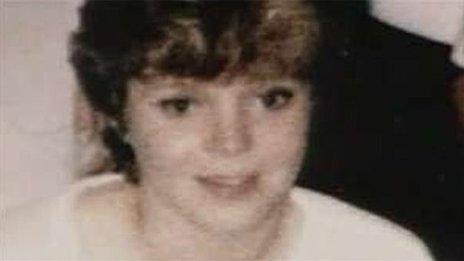Lynette White: 'Human error' caused police trial collapse
- Published
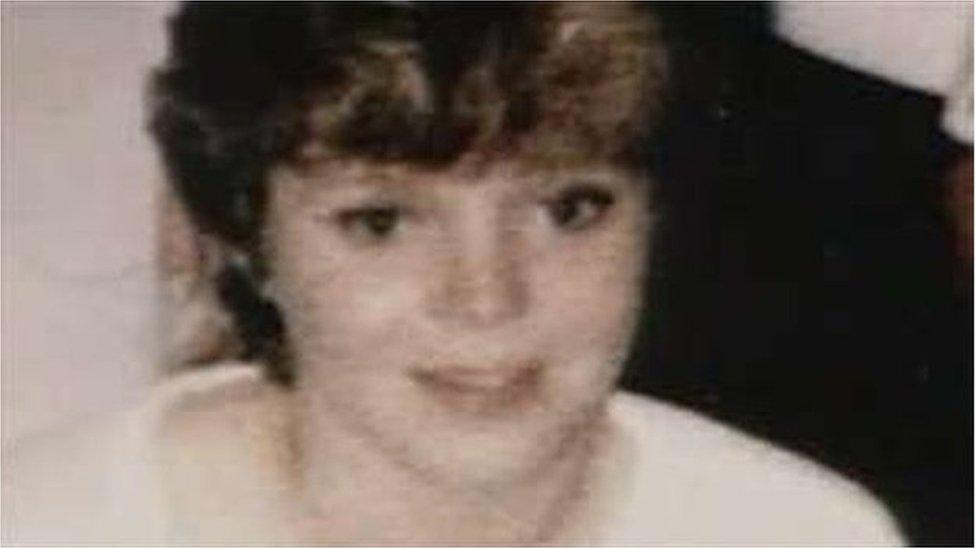
Lynette White was murdered on Valentine's Day 1988
"Human errors" led to the collapse of a case against eight former South Wales Police officers who investigated the murder of Lynette White, an independent review has concluded.
They were charged with perverting the course of justice for their role in the arrest and prosecution of five men for the murder in Cardiff in 1988.
The 20-year-old sex worker was stabbed more than 50 times in a docklands flat.
Three men had convictions for the killing quashed.
But the officers' trial - the most expensive in British legal history - was halted in 2011.
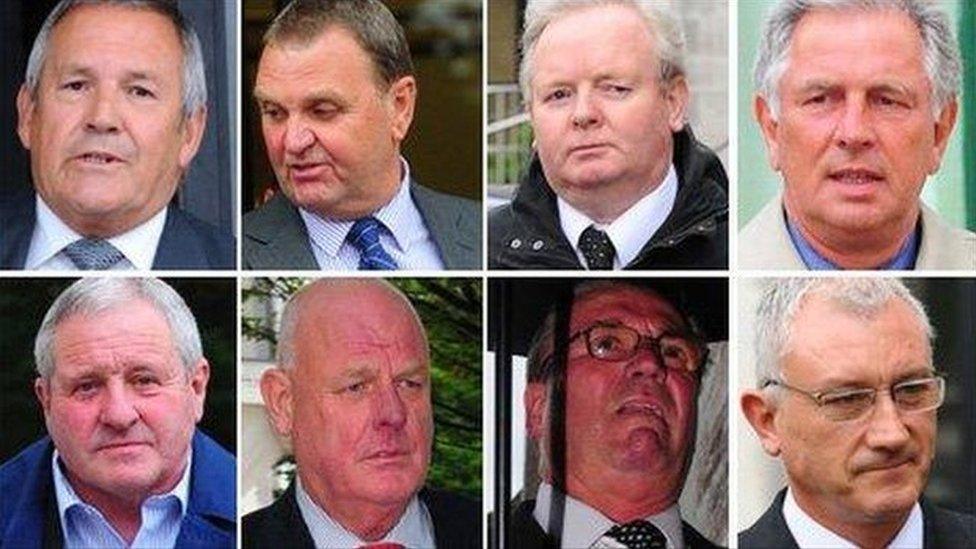
Michael Daniels, Peter Greenwood, Paul Jennings, Graham Mouncher. Bottom row: Thomas Page, Richard Powell, John Seaford and Paul Stephen were cleared of perverting the course of justice
The report by Richard Horwell QC, external found there was no deliberate attempt to cover up any crime.
Instead the investigation, ordered by the Home Office, blamed the collapse of the case against the officers on "multiple human failings" and "not wickedness".
It said the events that followed the murder of Ms White "represent one of the worst miscarriages of justice in the history of our criminal justice system".
Timeline: Lynette White murder
It made 17 recommendations for the police and Crown Prosecution Service (CPS) to improve the process of disclosure of evidence.
Fourteen of these recommendations are for the police and three for the CPS.
Home Secretary Amber Rudd said the findings were "deeply troubling" but added: "I am pleased the causes have now been fully revealed."
She said: "The Home Office will write to both the police and CPS to bring their attention to the report's recommendations and every effort must be made to ensure they are acted upon."
Lynette White: Wrongly convicted man "let down horribly"
Five men were originally put on trial in 1990 for Ms White's murder.
Tony Paris, Yusef Abdullahi and Stephen Miller - who became known as the Cardiff Three - were wrongly jailed for life in 1990 for the murder and freed in 1992 after their convictions were quashed.
In 2003, new DNA technology led South Wales Police to Ms White's real killer, Jeffrey Gafoor. He confessed to stabbing her in a row over £30.
In 2015, the eight ex-officers cleared of perverting the course of justice launched a High Court civil action against South Wales Police.
Graham Mouncher, Thomas Page, Richard Powell, John Seaford, Michael Daniels, Peter Greenwood, Paul Jennings and Paul Stephen sued for malicious prosecution, false imprisonment and misfeasance.
But the judge in the civil action dismissed their case at the end of 2015.
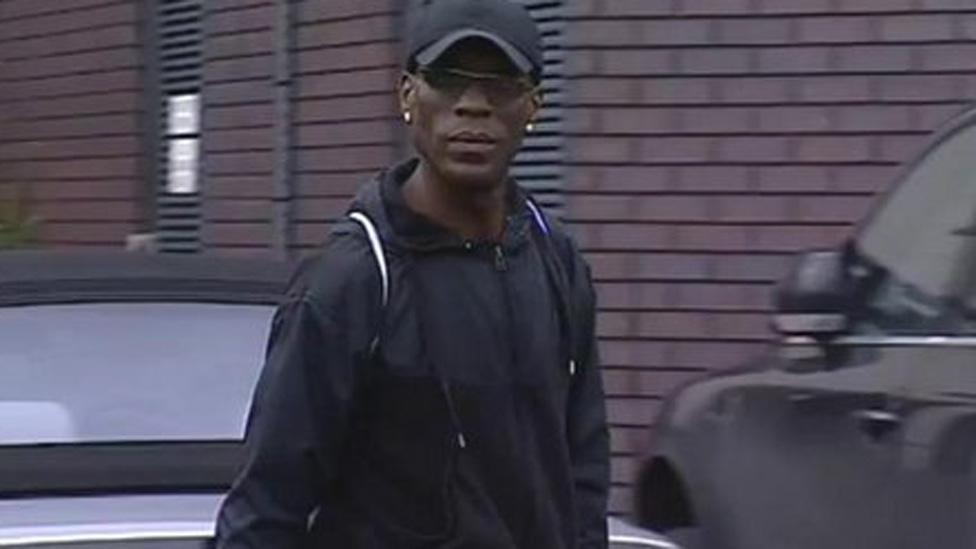
Stephen Miller was one of three men wrongly jailed for life in 1990 for the murder
Matthew Gold, the solicitor for Stephen Miller - whose murder conviction was quashed - described the collapse of the officers' trial as "a terrible and inexcusable failure by the criminal justice system and the state".
A spokesman for South Wales Police said: "We welcome the report... in which Mr Horwell QC acknowledges the scale and complexity of the disclosure process in that matter.
"In the same way as significant civil litigation and the other reviews of the discontinued trial have found, he concluded there was no evidence of corruption, malice or misfeasance within the investigation of the former officers and has rejected the need for a public inquiry.
"A series of recommendations for national bodies contained within the report relate to how disclosure is managed and to disclosure training.
"Mr Horwell QC recognises the work that South Wales Police has already undertaken to respond to these challenges and we will continue to work with colleagues nationally to share our learning."
'No stone unturned'
Police and Crime Commissioner Alun Michael added that 29 years after the murder "we now have a far greater understanding of all the events".
He said: "I have seen the enormous care with which the current Chief Constable and his team have left no stone unturned in efforts to get to the bottom of the whole affair.
"I hope the thoroughness of this report will now have addressed all the concerns that have been raised over recent years and provide reassurance to all those affected by Lynette's murder and subsequent events."
A CPS spokesman said: "We have recognised and accepted the shortcomings identified in this case previously, but we are pleased Richard Horwell QC recognises the significant improvements we have made in how we disclose material in serious cases.
"We will study the findings of the report in detail to consider whether any issues have been identified which have not yet been addressed."
- Published1 February 2017
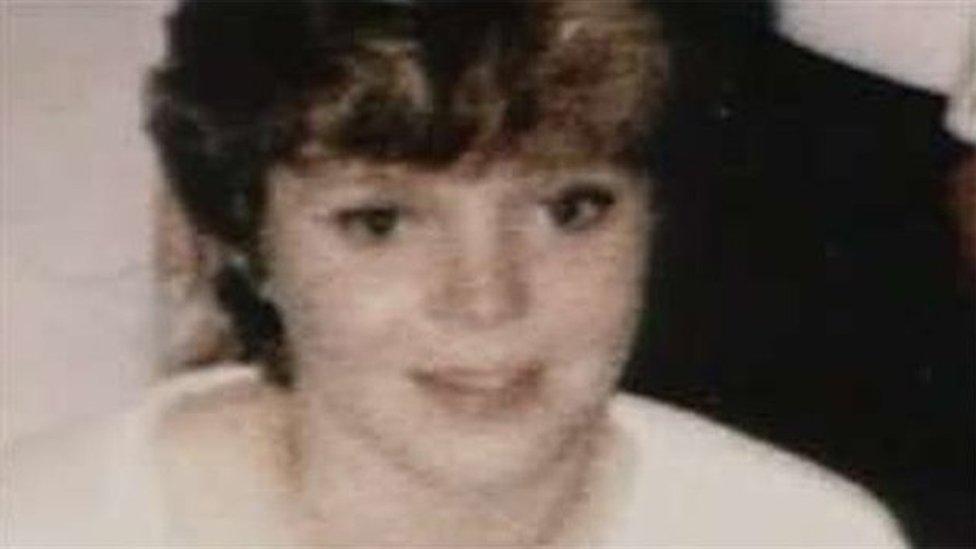
- Published14 June 2016

- Published14 June 2016
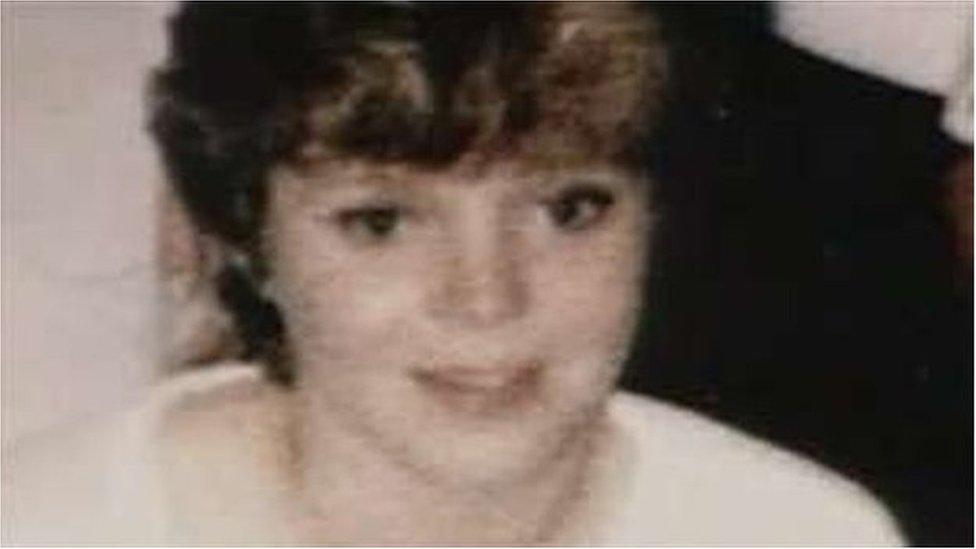
- Published13 April 2016
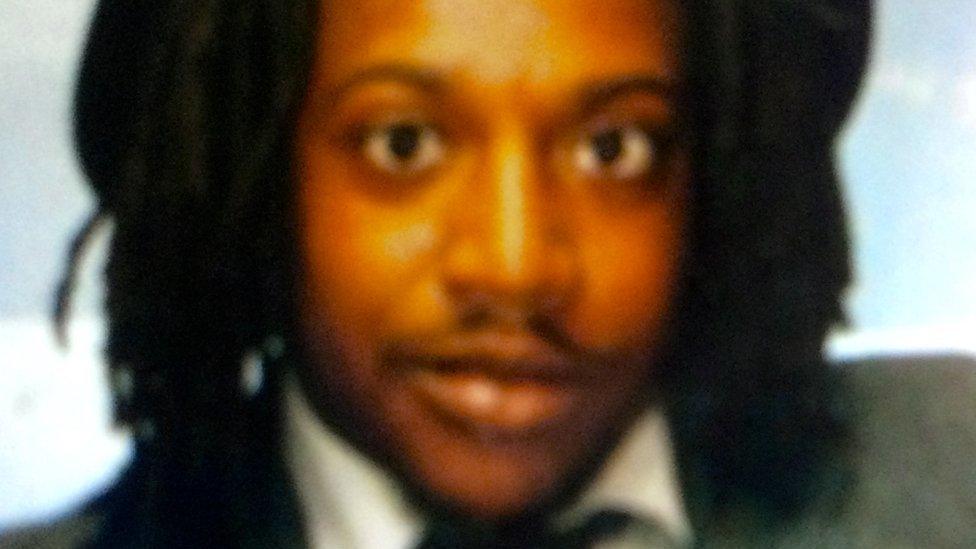
- Published13 October 2015
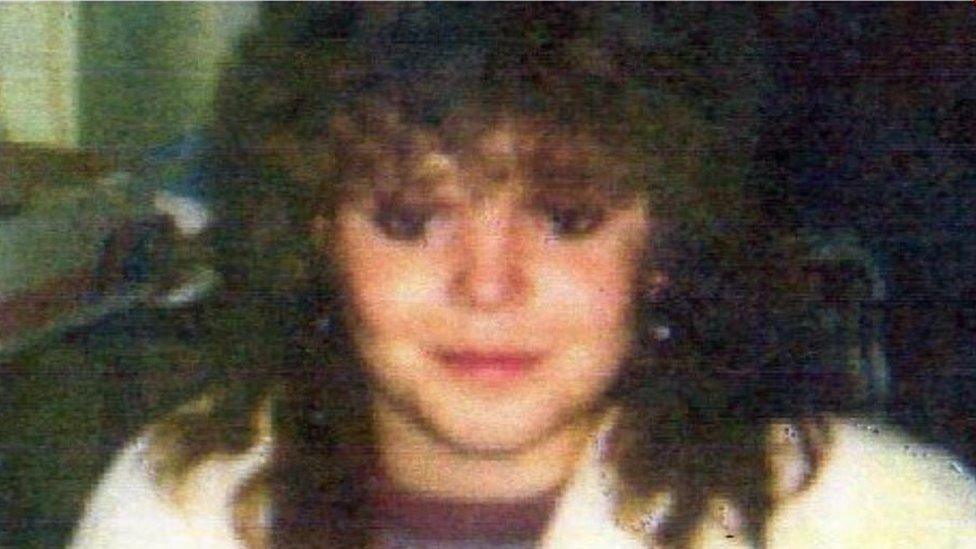
- Published30 July 2015
